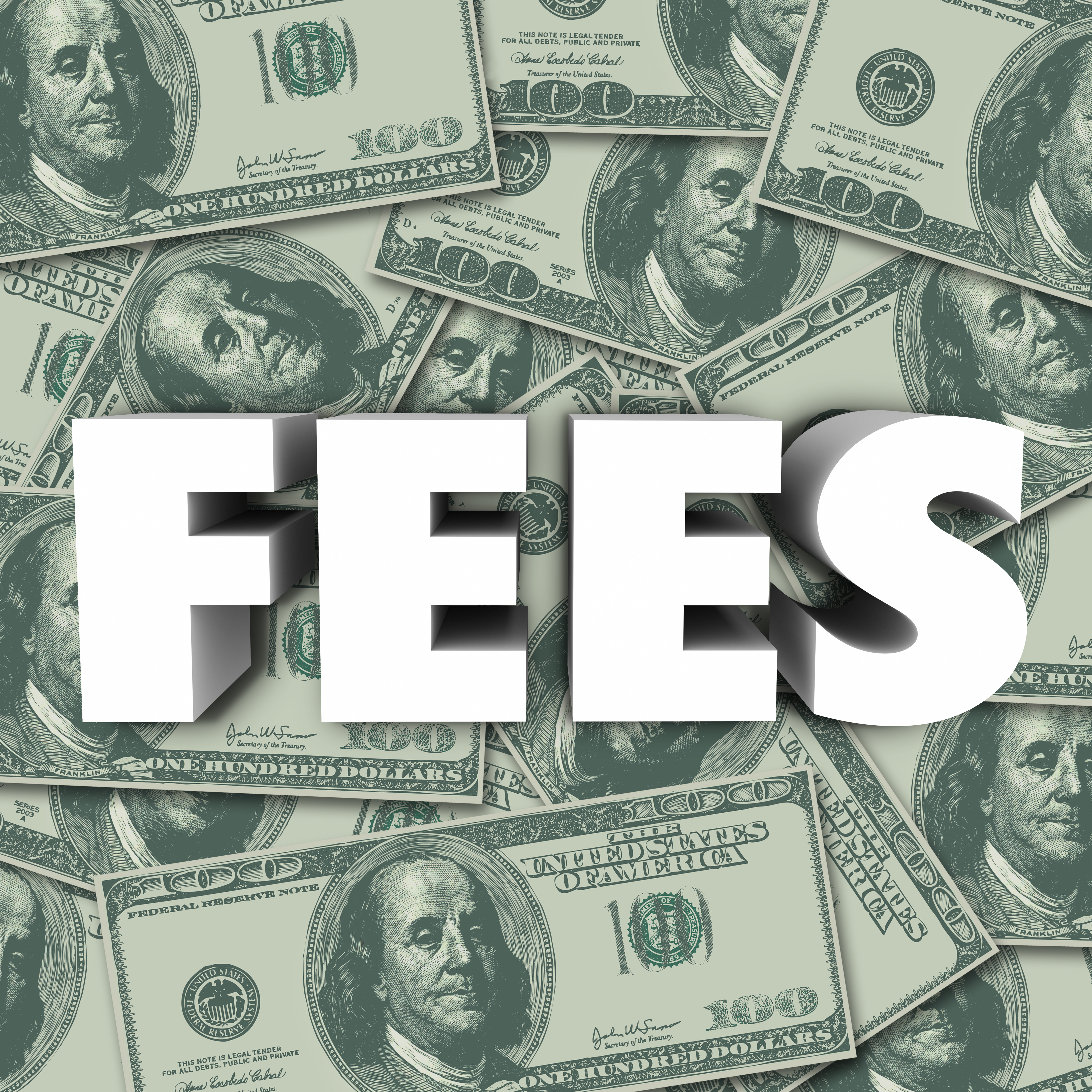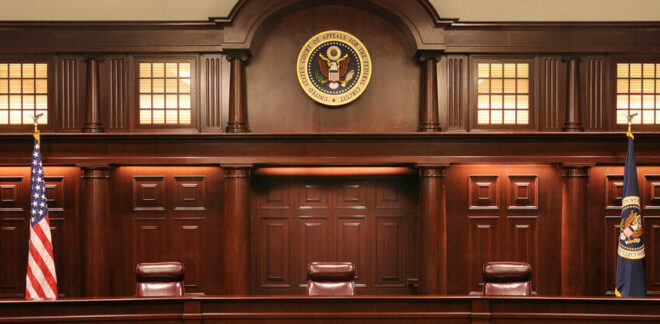Recovering Fees and Expenses For U.S. Discovery Compliance in Foreign Litigation – Improbable Even When Possible
“Rule 45(d)(2)(B) does allow for nonparties to shift costs for discovery compliance in certain circumstances….But, in the broader context of Rule 45, courts routinely deny or limit requests for fees and costs to those arising from court-compelled production.”
Under 28 U.S.C. Section 1782, parties engaged in (or expected to engage in) foreign litigation are empowered to seek discovery in the United States for use in the foreign litigation. Specifically, under § 1782, foreign litigants may apply directly to any district court in the U.S. where a person or entity with information relevant to the foreign litigation can be located or found, and that court can order such discovery.
If discovery is granted (which is usually the case), the party providing the discovery will typically bear the costs of providing it. As with any other discovery in the United States, the compliance costs are considered a “normal cost of doing business” and are not usually shifted to the party seeking discovery.
However, Rule 45(d)(2)(B) does allow for nonparties to shift costs for discovery compliance in certain circumstances—i.e., where there is a “significant expense” arising from a specific order “compelling production or inspection.” Yet, despite a fee-shifting mechanism for nonparties, courts have granted a very limited number of requests for the recovery of fees and costs for compliance in a § 1782 proceeding under Rule 45. In some proceedings, courts have allowed limited recovery of fees when reasonable and supported by equitable considerations. But, in the broader context of Rule 45, courts routinely deny or limit requests for fees and costs to those arising from court-compelled production.
Accordingly, this article highlights the rules and rulings involving subpoenas for discovery issued under Rule 45 in a § 1782 proceeding, specifically by providing insight into how courts are likely to decide requests for recovery of fees and costs in the context of discovery under § 1782.
Rule 45’s Limited Application in 1782 Proceedings
Few courts have addressed the issues of awarding fees to nonparties in § 1782 proceedings, although Rule 45 provides guidance on fee shifting in response to § 1782 discovery. Nonetheless, the application of Rule 45’s equitable considerations has been inconsistent.
For example, in one case, a litigation funder requested $100,000 for fees and costs for reviewing documents pursuant to a § 1782 subpoena related to a case in the United Kingdom that the funder helped fund. Despite the funder’s financial interest in the UK case (and thus disputable, nonparty status), the court awarded the funder all of its requested fees. The court found the expenses to be “significant” under Rule 45 without considering any equitable factors (such as those discussed in Section III. The party seeking discovery did not dispute that $100,000 was a significant amount, and the court ordered the party seeking discovery to pay these costs.
Although complete cost-shifting is not the norm, it is possible. Had the party seeking discovery argued that equitable considerations rendered the requested fees and expenses non-significant, the court may have denied recovery. With little precedent covering the issue, the outcomes of motions for cost-shifting are highly unpredictable in the context of § 1782 discovery.
Does Rule 45 Govern 1782 Discovery, Especially for Nonparties?
Although §1782 authorizes several procedures for conducting discovery, it does not prescribe a specific governing law under which the discovery should proceed. By default, the Federal Rules of Civil Procedure govern § 1782 production and provide certain protections for nonparties under Rule 45. In contrast, the statute provides that voluntary production can be made in “any manner acceptable,” in which case, the protections of the Federal Rules may not apply.
However, assuming Rule 45 governs the discovery, cost-shifting would be available. To preserve such a claim, a party responding to disclosure must lodge a timely motion to quash or objection to a § 1782 subpoena, else the protections of 45(d)(2)(B)(ii) are lost. After a timely objection or motion, the party seeking discovery may seek to formally compel production.
If production is compelled, any court order must protect nonparties from “significant expenses resulting from compliance.” So, conduct outside the bounds of the court order will not give rise to a colorable claim for cost-shifting under the language of Rule 45 because such conduct does not result from compliance. For example, expenses accrued during in-house attorney review of potentially responsive documents pursuant to a production agreement are ineligible for recovery. In contrast, expenses accrued from outside counsel review of potentially responsive documents were eligible for recovery where an objection was filed with the court and compliance was ordered before the review was conducted.
Court have also interpreted the language of Rule 45 to exclude unreasonable, or unsubstantiated claims for expense reimbursement. For example, fees associated with inefficient or duplicative work are considered unreasonable. And courts will not award fees for time spent resisting subpoenas or arguing against compliance. Accordingly, parties to 1782 discovery should be wary that compliance in the absence of a court order or conduct exceeding the scope of an order, may waive a future claim for cost-shifting.
Using Rule 45 to Guide 1782 Cost-Shifting for Nonparties
As Section 1782 provides no specific cost-shifting guidelines, courts may find decisions involving a domestic applicaiotn of Rule 45 persuasive. In those cases, cost-shifting under Rule 45 is applicable only when the costs of compliance are considered “significant,” a deceptively high threshold. Courts have found requests of $1 million to be non-significant to several banks with billions of dollars in revenues. And one court denied a reimbursement request — around $1 million — from a law firm reporting $300 million in gross revenues, noting the compliance costs were “typical” for a nonparty witness in complex litigation.
While there is no bright line rule for when expenses are considered significant, courts typically undertake an equitable analysis to determine what level of cost-shifting is justified by examining the following three factors:
- whether the nonparty has an interest in the litigation,
- whether the nonparty can more readily bear the costs than the requesting party; and
- whether the litigation is of public importance.
In sum, these factors suggest that requests under $1 million from well-capitalized, sophisticated entities with an interest in the associated litigation should expect to face scrutiny on the issue of significance. And where the requesting party has a significant financial interest in the associated foreign proceeding and/or has derived significant income from a party to the associated foreign proceeding, cost-shifting requests are likely to be denied as “typical” nonparty expenses.
The first factor disfavors cost-shifting when the party providing discovery has an interest in the outcome of the case, be that financial, reputational, or otherwise. For example, in Blueradios v. Kopin, Blueradios served Kopin’s prosecution counsel, HBSR, with a subpoena seeking all documents related to Kopin’s prosecution of 30 different patent applications. Given HBSR’s “substantial” interest in the outcome of the litigation, the court found that HBSR should absorb half of the fees and expenses accrued from compliance.
Similarly, in Bell v. GE Lighting, Bell sued GE for infringing a patent originally prosecuted by (and acquired from) iPack. GE argued that the patent-in-suit was invalid due to inequitable conduct, and in response, Bell sought prosecution history materials from iPack. Considering the first factor, the court found iPack was an interested party because a finding of inequitable conduct could invite future litigation against iPack, and this interest weighed heavily against cost-shifting.
The second factor considers the relative financial strengths of the parties to the discovery dispute. Cost-shifting is disfavored where the costs of compliance are insignificant relative to the assets and revenues of the party resisting production, regardless of any a financial interest in the ongoing litigation.
For example, in Nike v. Wu, after an attempt to enforce a trademark infringement judgment, Nike sought records from several banks of judgment debtors. The court denied cost-cost shifting because the banks providing discovery were massive financial institutions. Each bank had “billions of dollars in revenues and trillions of dollars in assets,” while the cost of compliance was $1.2 million, a relatively small sum in comparison.
Even when the party providing discovery has no specific interest in the litigation, cost-shifting may be disfavored where the party providing discovery received substantial income from a named party to the litigation. In Cardinal Growth, Plaintiffs sought discovery from Cardinal’s primary transaction counsel. Cardinal’s counsel sought reimbursement for around $40,000 in expenses from compliance. The court considered the requested amount relative to the counsel’s total fees from working with Cardinal over the last ten years—over $2 million. In light of this significant income and previous business relationship, the court denied any cost-shifting.
The third factor examines the public importance of the litigation. Typically, purely private disputes warrant cost-shifting to the party seeking discovery, as the absence of a public interest in the litigation disfavors burdening a nonparty. Unlike most private actions, trademark infringement is commonly of public interest because it creates the potential for consumer confusion and subsequent harm. In these cases, and as the court found in the Nike case above, the public-facing impact of a trademark infringement action weights against cost-shifting.
On the other hand, patent infringement actions may not create a public interest in the outcome of the litigation, as was held in the cases of Blueradios and Bell. However, there may be a significant public interest found when, for example, allegedly infringing products are sold to the government or its agents (e.g., infringing products sold to Medicare). And courts have suggested the significant technologies, like those used to perform major surgeries, may import the public interest. Indeed, one could imagine a public interest being found in patent litigations involving the COVID vaccines, for example.
Fee Shifting for Nonparties Subject to § 1782 Discovery – It’s Unlikely
Generally, complying with discovery subpoenas is considered a normal obligation (even for nonparties) and fee shifting is not likely to occur. As guidance on cost-shifting is limited in the context of § 1782 proceedings, this article describes common pitfalls to cost recovery in the domestic context of Rule 45—the default procedure governing § 1782 discovery. In those cases, voluntary compliance with a subpoena absent a court order may preclude claims for cost-shifting. But assuming production was compelled, courts commonly undertake an equitable analysis to apportion costs or otherwise limit recovery, often denying cost-shifting because the party seeking fees has a substantial financial or business interest in the outcome of the litigation. And in cases of patent or trademark infringement, showing a public reliance or government use of the potentially infringing intellectual property may further disfavor cost-shifting. Thus, consistent with the American Rule, cost-shifting is the exception, not the norm, even where the underlying case is in a foreign jurisdiction.
Image Source: Deposit Photos
Image ID: 59573067
Author: iqoncept






